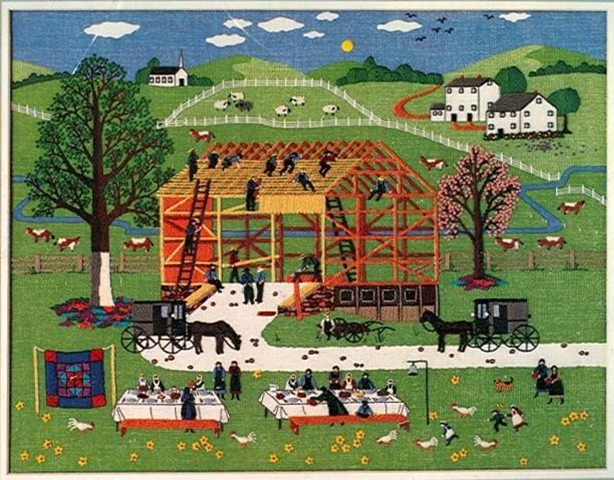“Send in the Clowns,” October 2, 2020
There’s a story I like about a presidential candidate who asked a bishop how to receive God’s revelation. The bishop told him, “Go out into the rain, and lift your head toward heaven. If you do that, you will receive a revelation.” So the candidate did, but came back afterwards and said, “Reverend, I took your advice, but no revelation came. The water just poured down my neck, and I felt like an idiot.” And the bishop said, “Well, that’s quite a revelation for the first try, don’t you think?”
Yes, we are just 32 days away from Election Day (Nov. 3)–a time when voters love to make jokes about political candidates (send in the clowns), and often complain bitterly about the mediocre choices available to them. “If only we could have better candidates to choose from” is a common refrain, or even “All politicians are dishonest, so why should I vote at all?” (There’s another old joke that plays on this theme. Two visitors to a cemetery come upon a gravestone that reads: “John Smith: A politician and an honest man.” And one of the visitors says, “Look at that–apparently they had to bury two people in the same grave!”)
American voters love to complain about the political candidates they have to choose from; but I have come to believe the problem may not be the candidates so much as the voters themselves. As long as a significant number of us are willing to cast our ballots for whoever gets the most publicity, has enough money to buy the most ads, has good name recognition, knows how to hug the flag, promises us we won’t have to make any real sacrifices, appears “strong” and “decisive,” and can scare us with stories about “the other guy”–in other words, as long as enough voters are willing to vote on the basis of impressions and superficial knowledge–we will get what we probably deserve. (Not that most of us will admit this, of course. And politicians themselves are not likely to risk re-election by telling us the truth.)
“Send in the clowns; don’t bother, they’re here.”
I am still voting for one of those political candidates, and I encourage you to do so too. But in the future, maybe instead of just criticizing politicians, we should criticize ourselves for creating them. Edward Everett Hale, a 19th-century Unitarian minister (and author of Man Without a Country) was for a while the chaplain to the U.S. Senate (1903-1909). He was once asked, “Do you pray for the Senators, Dr. Hale?” His reply: “No, I look at the Senators, and then I pray for the country.” Rev. Hale may have wanted to pray for America because he felt its leaders were mediocre; I want to pray for America because I think we, as voters, are mediocre. But my prayer is that we won’t always stay that way. If that’s your prayer too, I hope you will pray the UU way: work to change the system. And, of course, vote!
peace and unrest,
tony



